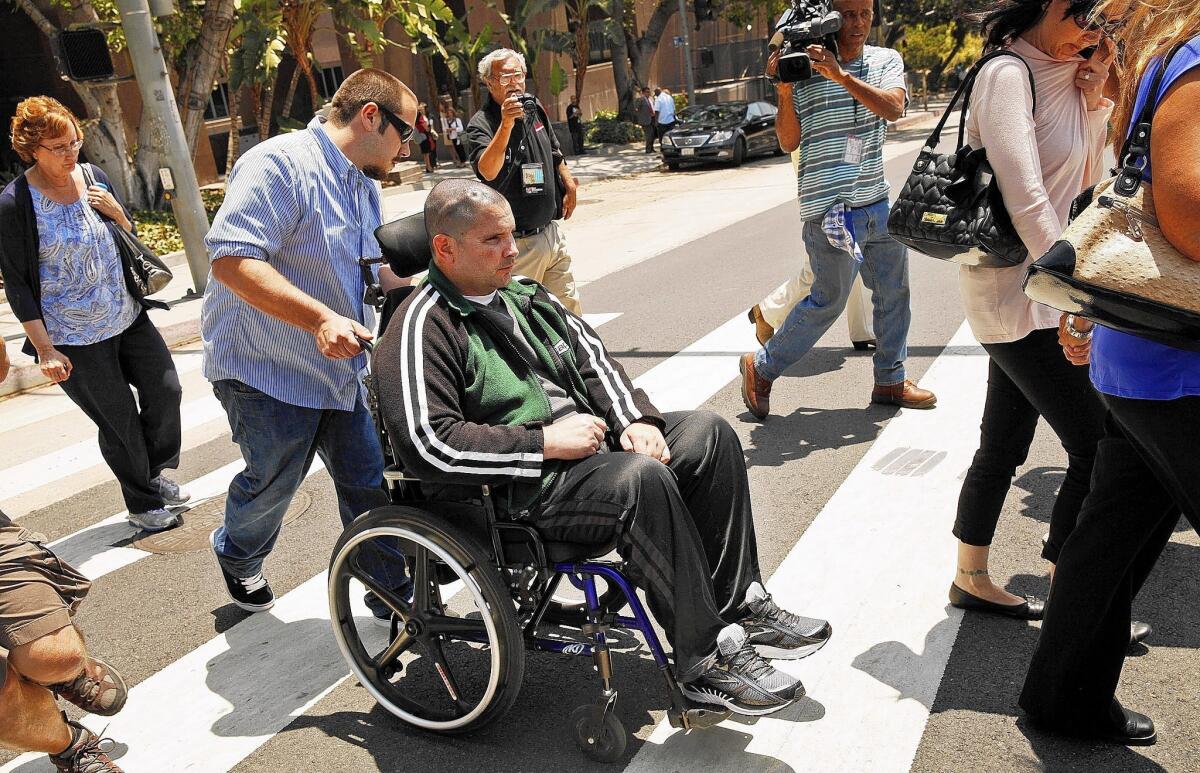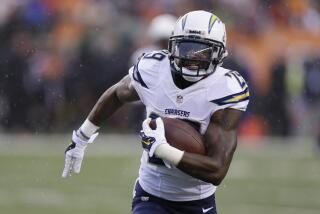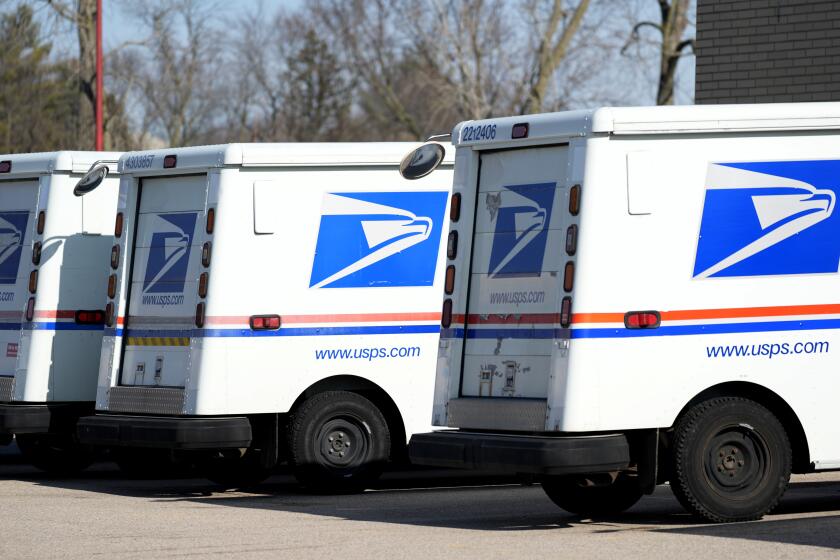Witnesses describe effect of Bryan Stow’s injuries from beating

In a San Francisco hospital, a physical therapist forced Bryan Stow’s legs through a range of motions.
“Tell me if you want me to stop,” she said as she worked.
Then it came: “Stop.” The first word the former paramedic had said in five months since blood filled his brain after he was beaten in a Dodger Stadium parking lot.
Ann Stow retold the story in a small voice Thursday as the first witness called in the civil trial that seeks millions of dollars in damages from the Los Angeles Dodgers and former owner Frank McCourt.
Filed on behalf of Bryan Stow and his two children, the lawsuit alleges that a lack of security and shoddy lighting created the setting that led to the attack on Stow three years ago.
During her testimony, Ann Stow detailed the effect of the assault on her 45-year-old son.
Bryan Stow wears a catheter at night and must be helped to the bathroom during the day. He wears adult diapers in case of accidents. Around the house, he relies on a walker and outside he’s dependent on a wheelchair. He wears compression stockings to prevent blood clots. A damaged pituitary gland required injections. A bone growth in his left elbow has limited the use of his arm.
And his medication list is lengthy: Ritalin for lethargy, Celebrex for pain, Keppra to prevent seizures, Ambien for sleep apnea and more.
He has no memory of what happened the night of March 31, 2011.
It was opening day and the Dodgers were facing the San Francisco Giants. Nearly 56,000 people flooded the stands.
Stow and three friends had driven from Santa Cruz for the game. Sporting Giants gear, they were taunted throughout the event. There was no usher present in their section. Stow’s attorney, Thomas Girardi, said 19 uniformed Los Angeles police officers were inside the stadium. No security guards were in the parking lot where Stow was beaten unconscious afterward.
The age-old rivalry and the massive crowd required the Dodgers to be on high alert, Girardi said.
“There is a great deal of hostility in games like this,” he said in his opening statement Thursday morning. “There is a difference in going to the Hollywood Bowl and watching a night of the symphony versus going to one of these games.”
Over the years, Girardi said, the Dodgers had decreased the number of off-duty uniformed Los Angeles police officers hired for games and relied more on unsworn security.
Without officers in blue, Girardi said, there was less of a “deterrent effect.”
The neurosurgeon who treated Stow testified Thursday that Stow suffered bleeding and bruising that caused swelling in both frontal lobes as well as a skull fracture. Stow also had brain seizures, required a tracheotomy to help him breathe, and relied on a feeding tube placed in his stomach. He was placed in a medically induced coma and part of his skull was removed.
“We were really trying to keep him alive,” Dr. Gabriel Zada said.
It’s a sequence of events that never would have happened, Girardi said, had the Dodgers fulfilled their obligation to make sure the stadium was reasonably safe. “But it costs money,” he said.
An attorney for the Dodgers countered in his opening statement that the corporation had actually increased its spending for security on opening day in 2011 to $66,604, nearly $15,000 more than the previous year.
In fact, Dana Fox said, the largest security force ever for opening day at Dodger Stadium was on hand.
The blame, he said, should be placed on Rialto residents Marvin Norwood and Louie Sanchez, who pleaded guilty to the attack earlier this year.
“They caused the injuries, it doesn’t matter that they’ve already gone through the criminal justice system,” Fox said. “They still need to be held accountable in a civil court.” The defendants have filed a cross complaint against Norwood and Sanchez.
Fox also noted that Stow and his friends drank beer in their hotel room before taking a taxi to the game. Stow had been observed delivering his own taunts and Fox said a toxicology report revealed that his blood-alcohol level could have been as high as 0.2% at the time of the altercation.
The attorney called it a “testosterone- and alcohol-fueled flash fire fight” involving “men in a parking lot who exchanged words and then didn’t let it go.”
Fox also referred to the Dodgers’ fans code of conduct, which is displayed in a video played at games. It instructs fans to contact an usher if someone is disturbing them and provides phone numbers to call or text — none of which was attempted by Stow or his friends.
The eldest of three, Stow now lives with his parents in their Capitola, Calif., home. His mother, 66, is a retired church secretary and his father, 70, is a former structural ironworker who has been on disability since being injured on the job. Caregivers come in the morning and night to help and perform physical therapy. Stow also receives speech and occupational therapy at a facility.
Ann Stow’s voice cracked a few times as she testified about visiting her son when he was in a coma.
“I spoke to him all the time. But he didn’t respond.”
Earlier, Fox informed jury members that they would witness emotion on the stand. Sympathy, he reminded them, was not evidence.
More to Read
Start your day right
Sign up for Essential California for news, features and recommendations from the L.A. Times and beyond in your inbox six days a week.
You may occasionally receive promotional content from the Los Angeles Times.







